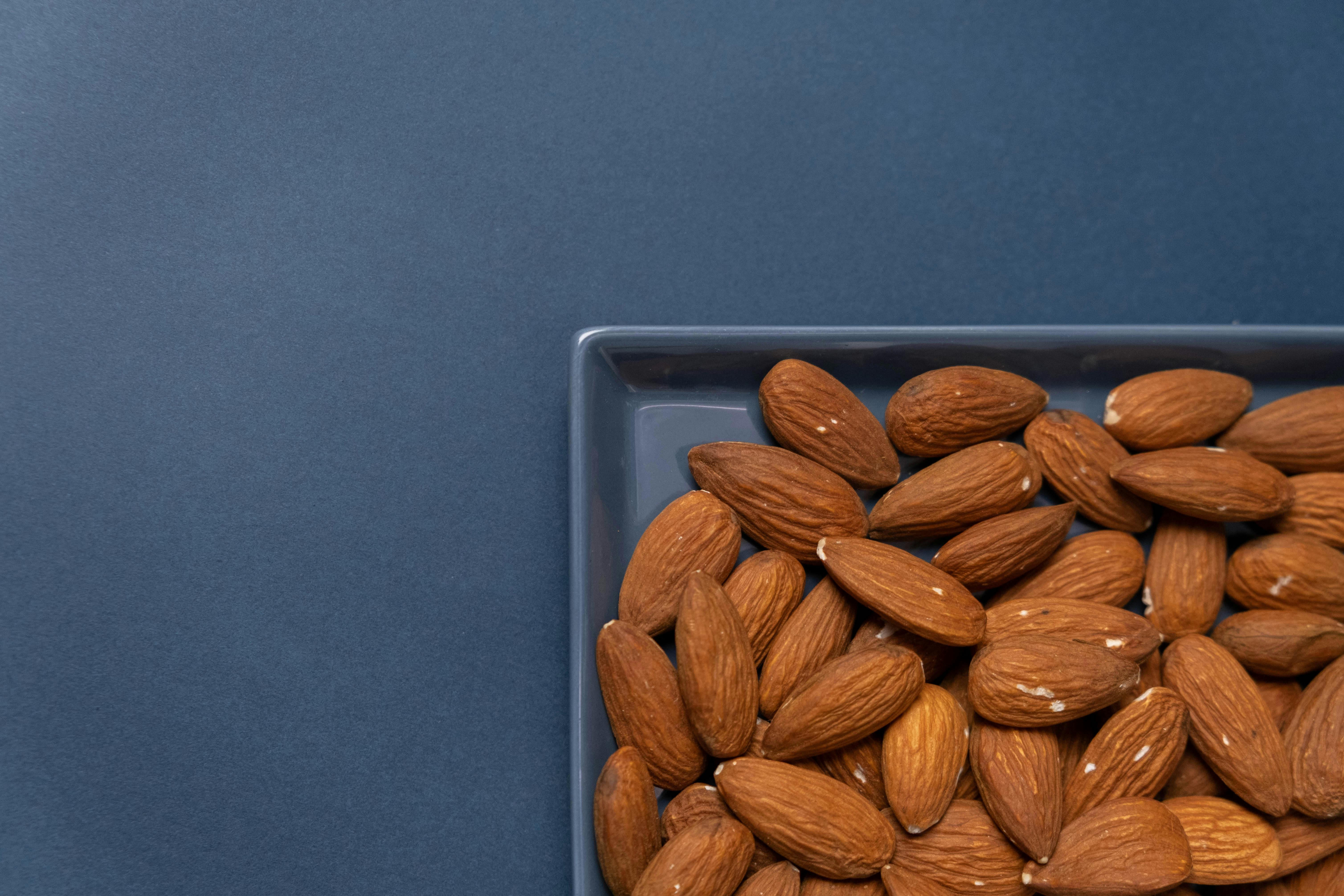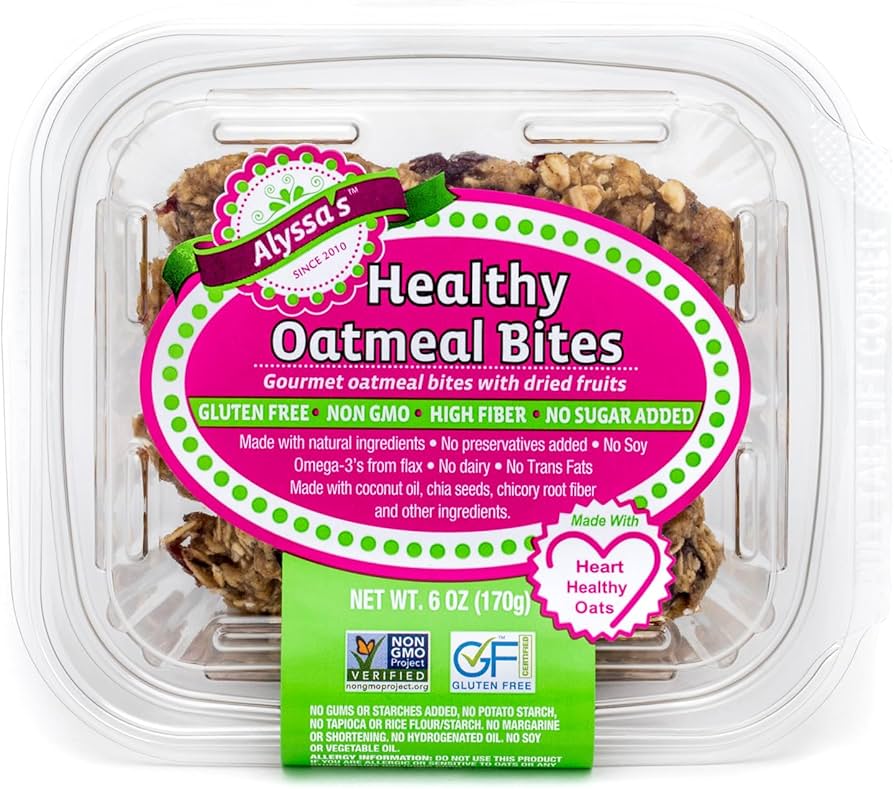Essential Guide to Disadvantages of Eating Cucumbers Daily in 2025

Essential Guide to Disadvantages of Eating Cucumbers Daily in 2025
Cucumbers have long been celebrated for their refreshing taste and health benefits. However, as we enter 2025, it's important to address the less-discussed side of their consumption. While they are low in calories and hydrating, overindulging in cucumbers can lead to various disadvantages. Understanding the potential health risks of daily cucumber consumption can help maintain balance in your diet.
In this guide, we will explore the various disadvantages of incorporating cucumbers into your daily meals, from digestive issues and hydration concerns to pesticide residues and potential interactions with medications. By the end of this article, you'll have a well-rounded understanding of how to consume cucumbers wisely and the potential health impacts that may arise from overconsumption.
Key Takeaways: While cucumbers offer hydration and some nutrients, moderation is key to prevent possible adverse health effects. Let's delve deeper into the various challenges associated with daily cucumber intake.
Understanding Cucumber Side Effects
When we think of cucumbers, the first thing that comes to mind is their benefits: hydration and low caloric intake. However, many individuals experience cucumber side effects related to digestive health. One common issue is bloating, which can occur due to their high water content and fiber, especially when consumed in excess.
Moreover, cucumbers contain substances called oxalates. For some, high oxalate levels can lead to gastrointestinal disturbances, and in extreme cases, kidney stones. It is essential to monitor your body's response while consuming cucumbers, particularly if you have a history of kidney problems.
Expert Recommendation: Incorporate cucumbers gradually into your diet. Pay attention to how your body reacts, and consider reducing intake if you experience any digestive discomfort.
Cucumber Allergies and Food Sensitivities
Some individuals may face cucumber allergies, causing symptoms that range from mild to severe. Allergic reactions can manifest as skin irritation, digestive issues, or even anaphylaxis in extreme cases. If you notice any adverse reactions following cucumber consumption, consulting a healthcare professional is wise.
Food sensitivities can also impact your experience. Symptoms of gastrointestinal disturbances from cucumbers may present without a formal allergy diagnosis but can be equally bothersome.
Impact of Hydration and Kidney Health
While cucumbers are primarily composed of water, their effects on hydration can vary. Overconsumption of cucumbers might lead to frequent urination, raising concerns for kidney health, especially for those with existing kidney conditions. Understanding the balance between hydration and overloading with high-water vegetables is essential.
Additionally, as mentioned earlier, oxalates in cucumbers may increase the risk of developing kidney stones. It's crucial for individuals predisposed to kidney issues to manage their intake carefully.
Negative Dietary Interactions
Cucumbers can interact with certain medications, particularly those that affect hydration and electrolyte balance. For example, diuretics and medications for blood pressure may cause excessive loss of fluids when paired with high-cucumber diets.
Always check with a healthcare provider for potential interactions. Be mindful of dietary patterns that may lead to unintended health consequences.

Digestive Issues Associated with Cucumber Consumption
While cucumbers are often praised for their fiber content, they can also contribute to digestive discomfort. Digestive issues with cucumbers often arise in those with sensitive stomachs or pre-existing gastrointestinal conditions. The fiber content can be a double-edged sword, aiding digestion, but excessive intake can lead to bloating and gas.
Maintaining dietary balance is essential. When replacing other fiber sources with cucumbers, it might disrupt the normal gut flora, contributing to gastrointestinal disturbances.
Cucumber's Role in Weight Management
Although cucumbers are low in calories and are often included in diet plans aimed at weight loss, overconsumption can ironically lead to weight gain. Consuming large quantities without a well-rounded diet may result in a diet imbalance from cucumbers.
It's essential to ensure that your meals incorporate various vegetables to provide a broad spectrum of nutrients and avoid relying too heavily on any single food source.
Health Risks of High Sodium in Pickled Cucumbers
Many people enjoy pickled cucumbers; however, these products can contain high sodium levels. High sodium intake can lead to increased blood pressure, heart problems, and water retention. Considering the health risks of daily cucumber consumption, being mindful of pickled varieties is important for those concerned about sodium intake.
Choosing fresh cucumbers over pickled options can mitigate these risks while still providing the desired crunch and nutrition.

Nutritional Considerations and Overconsumption
Despite their health benefits, cucumbers can introduce certain nutrient deficiencies when consumed excessively. The minimized nutritional benefits of cucumbers can impact overall health. Relying too heavily on cucumbers can lead to a lack of essential nutrients such as vitamins and minerals present in other vegetables.
It’s crucial to remember that a balanced diet includes various nutrient sources and that focusing exclusively on cucumbers may not yield the desired health outcomes.
Cucumber Skin Concerns and Pesticide Residues
The skin of cucumbers can harbor pesticide residues, which can pose health risks, particularly if consumed regularly without proper washing. Concerns about pesticide exposure from cucumbers underline the importance of sourcing organic varieties to minimize chemical intake.
Staying informed about cucumber sourcing concerns and selecting wisely can help alleviate these worries while enhancing safety.
Culinary Versatility and Flavor Fatigue
Cucumbers are favored for their versatility in salads and smoothies. However, their common use can lead to flavor fatigue, making them less appealing over time. Recognizing cucumber versatility drawbacks can help maintain enthusiasm for meals, ensuring a diverse vegetable intake.
Mixing cucumbers with various ingredients and herbs can keep meals exciting while promoting a balanced diet.
Daily Cucumber Intake Limits and Recommendations
To mitigate the drawbacks discussed, it’s vital to understand daily cucumber intake limits. The recommendation is to enjoy cucumbers in moderation alongside other vegetables. Aim for a balanced approach that takes into account health conditions and individualized nutritional needs.
In conclusion, while cucumbers can be a healthy addition to your diet, be aware of the potential drawbacks. Incorporate them mindfully to ensure a balanced approach that supports overall well-being.
```